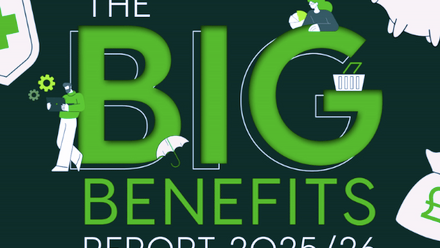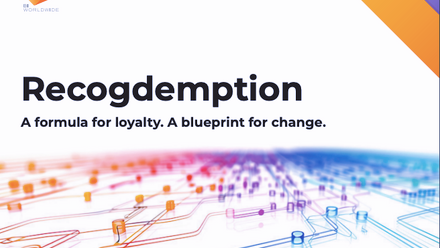Wellbeing insights: Successful employee wellbeing must be part of company culture

Why do you think employee wellbeing is increasingly becoming a Board-level discussion?
Happy, healthy employees are key to an organisation’s success. We must recognise that our lives are busier than ever and employees are under more pressure as a result.
Recruiting and retaining employees can be challenging in some sectors and as such, it is even more crucial to build resilient workforces and look after the employees that you have.
How employees feel about their employer and where they work has a massive impact on loyalty and retention.
What could employers, generally speaking, could do better when it comes to employee wellbeing?
I think employers are generally afraid to raise some topics related to wellbeing. ‘Mental health’ ‘stress’ and ‘depression’ are terms that many people still don’t understand or can’t relate to.
Communication needs to be better to raise awareness and reduce the stigma, so that more people feel able to be open about how they are feeling and share personal experiences.
What is the single most important factor determining the success of an employee welling strategy?
It’s not about how much money you spend, it’s about impact. For me it’s about the level of awareness and engagement.
When you hear employees talking in the kitchen over a coffee about wellbeing, you know it has hit the mark.
What three things should an employer focus on to create a cultural change that supports employee wellbeing?
Leading from the top – the most senior managers must be on board and supporting wellbeing, not just paying lip service to it.
Communication – identifying all the groups you need to communicate with and tailoring it appropriately. For example, remote/site-based workers may need a different approach. It’s also important to recognise that it’s not all about technology, not everyone is sat at a computer.
Buy-in from colleagues – if you can get people on board across the organisation who are passionate about wellbeing and willing to champion this, it helps with communication and makes it more inclusive (rather than it just being ‘another HR initiative’).
Have you won an award or been part of a team that won? If so, what do you think were the factors that stood out and helped your entry to win?
Earlier in 2018 I won the ‘REBA Vanguard Award for Employee Wellbeing’. I am very passionate about making a difference and have worked hard to implement a wellbeing strategy with very little budget.
We are a very diverse business, based in multiple locations which makes this more challenging.
I would like to think my passion, dedication and the impact created was the reason I was one of those recognised for this award.
You are a juror for the 2019 REBA Wellbeing Awards. What will you be looking for in a winning entry?
I will be looking for creativity and impact. It’s not all about how much budget you have to spend, but what you can achieve.
The 2019 REBA Wellbeing Awards are now open for entries. These independent awards benchmark and celebrate the great work of employers leading the way in employee wellbeing.






